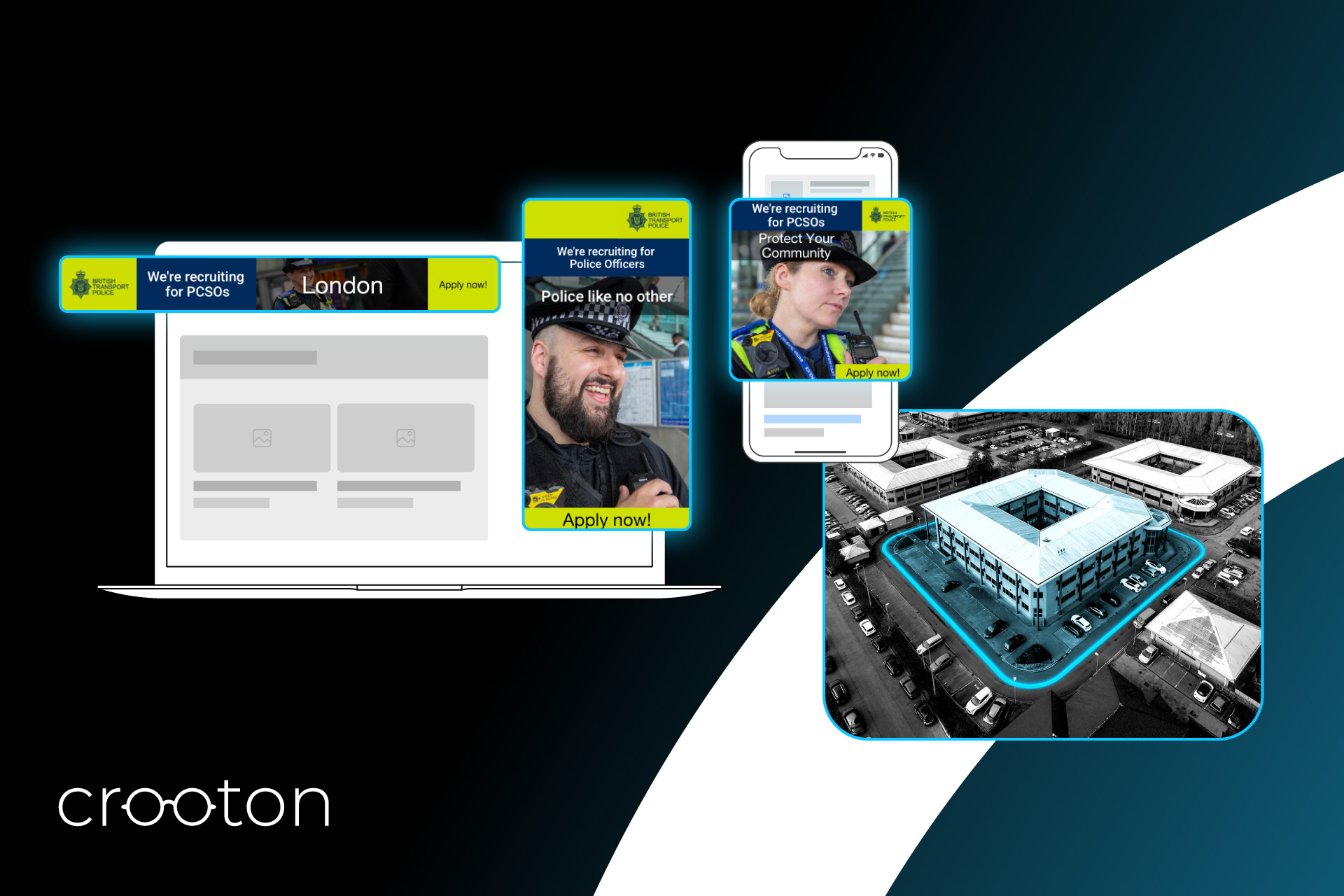How to make your employer brand stand out in a jobseeker's market

With almost 1 in 5 employees likely to switch jobs this year, it’s clear that the ‘Great Resignation’ is still in full swing. The UK is currently in a jobseeker’s market with a record number of active job postings. Quirky benefits like Friday drinks or pool tables are no longer enough to make your business stand out from the crowd. You need to have a stronger, more cohesive employer brand. Employer branding is slightly different from company branding. It’s all about telling the story of what it’s like to work for your company, from the culture to opportunities for growth, company values, and your commitment to social issues.In a jobseeker’s market, where employees have their pick of companies to work for, why should they choose you? Read on for tips on making your employer brand stand out.
How to prepare your employer brand for today's job market
So, what exactly is an employer brand? The CIPD defines it as:'...a set of attributes and qualities, often intangible, that makes an organisation distinctive promises a particular kind of employment experience and appeals to those people who will thrive and perform best in its culture.'Essentially, it’s your company’s reputation. It’s what jobseekers and customers use to understand you as an organisation and what you stand for. Your employer brand reflects your company’s purpose and values and how you live them day-to-day. It tells the story of what it’s like to work in your organisation. A good employer branding strategy conveys this message in a consistent way across your marketing, website, job listings, and recruitment processes.
How to make your employer brand stand out:
Know why people work for you
Creating and communicating a great employer brand requires understanding how your current employees feel about working for you. You might have an idea about the aspects of your company that make it appealing to candidates. Still, it helps to talk to your team and find out what matters to them, what attracted them to your company in the first place, and if they have any criticisms or concerns about your employer brand. It’s a good idea to conduct this employee research in an anonymous survey so that people feel comfortable being honest with you about what it’s like to work for your company. If you have a strong employer brand, the answers to this survey should reflect what it says on your website. Once you understand what attracts people to your company, you can highlight this in job adverts and even share testimony from existing employees with job seekers.
Highlight your company culture
Company culture is about more than office gimmicks and encouraging teammates to socialise. It encompasses both the spoken and unspoken attitudes of employees and senior management towards work.For example, you might have a flexible working policy which allows people to leave work early to pick up kids from school or take a last-minute mental health day, but employees who utilise these policies might report an implicit sense of judgement from management when they do. Or, you might have a healthy culture which respects boundaries, prevents messaging outside of office hours or unrealistic deadlines, and empowers team members to raise issues with senior employees without fear of retribution. When discussing company culture, go beyond buzzword solutions like staff nights out and break-out spaces. Let jobseekers understand that you know what matters to them, and share how your company works to promote a positive working environment.
Find ways to talk about your community involvement
Beyond the culture within your organisation, what is your company’s involvement with the wider community? If your company is involved in community projects, let people know about this on your socials and during the hiring process. People want to work for companies that care about more than just profits. For example, a whitepaper by PLAY found that 68% of workers felt it was important to work for a company that commits to acting sustainably and improving the environment.If your organisation doesn’t yet do much to support your community, now is a good time to start. Activities such as sponsoring local events, giving employees time to volunteer with local charities, creating jobs locally, working with local schools, or offering resources to community groups are good ways to improve community involvement.
Express your values
Now, more than ever, job seekers care about your company’s values. A recent study by Qualtrics found that 54% of respondents wouldn’t even consider taking a job at a company whose values they disagreed with. Being vocal about your company values and how you bring them to life in the day-to-day running of the business helps to attract candidates who are aligned with your company’s purpose and likely to be committed to the role longer-term. Be sure to express your values in job adverts and consistently across your marketing content and website copy.
Be transparent about your diversity, equity and inclusion efforts (DEI) efforts
If your organisation hasn’t yet put any effort into your DEI policies, you are missing out on many potential candidates who don’t feel welcomed by your employer brand. Remember that your DEI policy should be a living document which is easy to access, constantly evolving, and backed up by action. Working on diversity and inclusion within your company is vital to prevent unconscious bias from affecting your hiring decisions and makes your company more attractive to a wider audience of job seekers.









